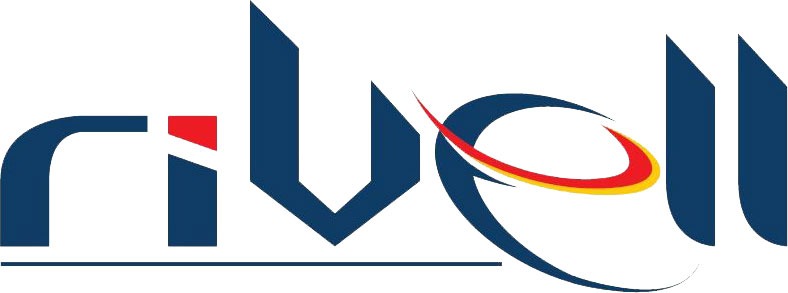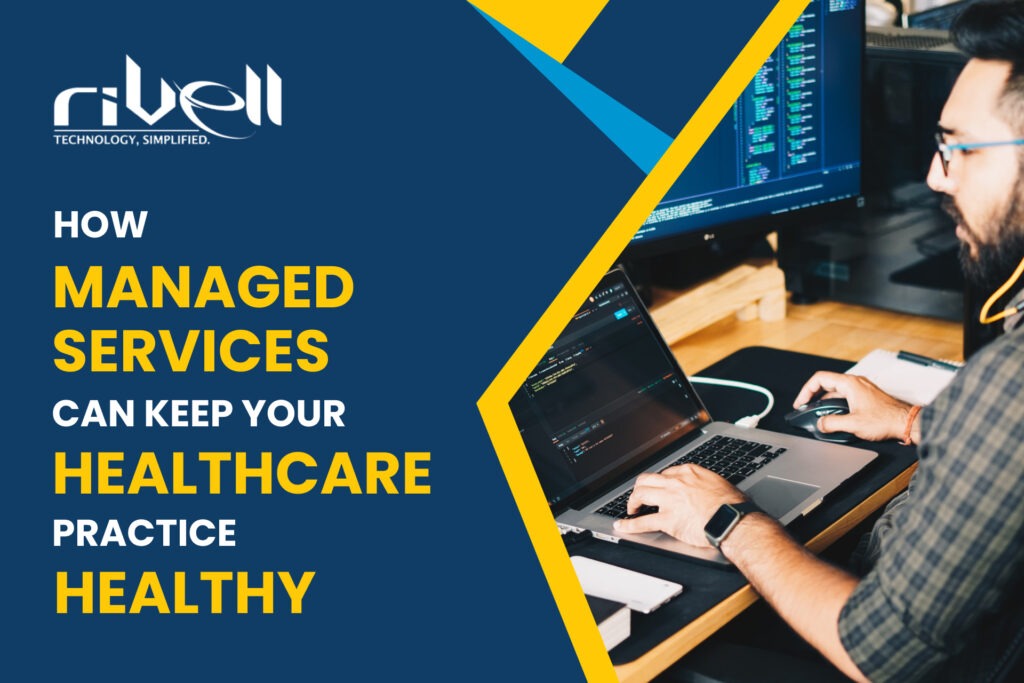Overview of Managed Services in Healthcare
In the rapidly evolving landscape of healthcare, the effective management of IT services plays a pivotal role in ensuring the seamless operation of healthcare practices. Managed services in healthcare have emerged as a strategic solution to address the intricate challenges associated with information technology, offering a proactive and holistic approach to IT management.
Managed Services in Healthcare
Managed services in healthcare refer to the outsourcing of IT responsibilities and functions to a specialized service provider. This approach involves a comprehensive suite of services aimed at ensuring the optimal performance, security, and scalability of IT systems within healthcare organizations. By entrusting these responsibilities to a managed services provider (MSP), healthcare practitioners can focus on delivering high-quality patient care without the burden of day-to-day IT management. The global managed services market size is expected to reach USD 731.08 billion by 2030, according to a new study conducted by Grand View Research, Inc.
Benefits of Managed Services in Healthcare
1. Cost Efficiency
One of the primary advantages of incorporating managed services in healthcare is the significant cost savings it offers. Traditional IT models often require substantial upfront investments in infrastructure and ongoing maintenance costs. Managed services, on the other hand, operate on a subscription-based model, allowing healthcare organizations to pay for the services they need, when they need them. This not only reduces capital expenditures but also provides a predictable and manageable IT budget.
2. Focus on Core Competencies
Healthcare professionals are dedicated to providing exceptional patient care, and their expertise lies in medical services rather than IT management. Managed services enable healthcare practitioners to redirect their focus and resources towards their core competencies by outsourcing the complexities of IT management. This results in improved operational efficiency, as the healthcare team can dedicate more time and attention to patient interactions and medical advancements.
3. Proactive Monitoring and Maintenance
The healthcare industry operates in a mission-critical environment where any downtime can have severe consequences. Managed services employ proactive monitoring and maintenance, ensuring that IT systems are continuously observed for potential issues. By identifying and addressing issues before they impact operations, managed services providers contribute to minimal disruptions, allowing healthcare organizations to maintain uninterrupted services.
4. Enhanced Security Measures
Security breaches in healthcare can lead to severe consequences, including the compromise of sensitive patient data. Managed services in healthcare prioritize security with robust measures such as data encryption, access controls, and regular security audits. By staying abreast of evolving cyber threats and compliance regulations, managed services providers fortify healthcare organizations against potential breaches, thereby safeguarding patient information and maintaining the trust of the community.
5. Scalability and Flexibility
Healthcare needs are dynamic, with fluctuations in patient volumes, technological requirements, and regulatory demands. Managed services offer scalability, allowing healthcare organizations to adapt their IT resources to changing needs without the need for significant infrastructure changes. This flexibility ensures that healthcare practices can seamlessly grow or adjust their IT capabilities as the industry evolves.
6. 24/7 Technical Support
The healthcare sector operates around the clock, and any IT issues that arise require immediate attention to prevent disruptions to patient care. Managed services provide 24/7 technical support, ensuring that healthcare organizations have access to assistance whenever needed. This continuous support contributes to the reliability of IT systems, minimizing downtime and enhancing the overall resilience of healthcare operations.
Types of Managed IT Services Transforming Healthcare
1. Proactive Monitoring and Maintenance
This foundational service involves continuous monitoring of IT infrastructure to identify potential issues before they escalate. Proactive monitoring ensures the optimal performance of critical systems, minimizes downtime, and allows healthcare organizations to address concerns swiftly, maintaining seamless operations.
2. Security Management
Given the sensitive nature of patient data, security management is a critical aspect of managed IT services in healthcare. This includes implementing robust cybersecurity measures, conducting regular security audits, and ensuring compliance with industry regulations. Security management aims to fortify healthcare organizations against evolving cyber threats and safeguard patient information.
3. Data Backup and Recovery
Unforeseen events such as data breaches, natural disasters, or system failures can pose significant risks to healthcare data. Managed IT services include robust data backup and recovery solutions, ensuring that critical patient information is securely backed up and can be swiftly restored in the event of data loss or system failure.
4. Cloud Computing Services
Cloud computing has revolutionized the way healthcare organizations manage and access data. Managed IT services encompass cloud solutions that provide secure storage, efficient data sharing, and scalability. Cloud computing allows healthcare practitioners to access patient information remotely, fostering collaboration and flexibility in care delivery.
5. Network Infrastructure Management
A robust and reliable network infrastructure is fundamental for healthcare organizations. Managed IT services in network infrastructure management involve optimizing network performance, ensuring seamless connectivity, and addressing potential bottlenecks. This service enhances the overall efficiency of communication and data exchange within the healthcare ecosystem.
6. Mobile Device Management
The proliferation of mobile devices in healthcare requires efficient management to ensure security and compliance. Managed IT services encompass mobile device management solutions, offering control over device access, data encryption, and secure mobile communication. This enables healthcare professionals to leverage mobile technology while maintaining data integrity.
7. IT Consultation and Strategy
Beyond day-to-day operations, managed IT services often include strategic consultation. This involves collaborating with healthcare organizations to develop IT strategies aligned with their long-term goals. IT consultants provide insights on technology trends, help plan for future scalability, and guide the integration of emerging technologies.
Frequently Asked Questions
1. What are Managed IT services in Healthcare?
Managed IT services in healthcare refer to the outsourcing of IT responsibilities to specialized service providers. These services encompass a range of solutions, including proactive monitoring, security management, and strategic IT consultation, tailored to meet the unique needs of healthcare organizations.
2. Why do healthcare organizations need managed IT services?
Healthcare organizations need managed IT services to ensure the optimal performance, security, and scalability of their IT systems. These services allow healthcare professionals to focus on patient care while outsourcing the complexities of IT management to experts, resulting in improved efficiency and cost-effectiveness.
3. How does proactive monitoring benefit healthcare practices?
Proactive monitoring involves continuous surveillance of IT infrastructure to identify and address potential issues before they impact operations. This benefits healthcare practices by minimizing downtime, preventing disruptions to patient care, and ensuring the consistent performance of critical systems.
4. Can managed IT services be customized for the specific needs of healthcare organizations?
Yes, managed IT services can be customized to meet the specific needs of healthcare organizations. Service providers work closely with healthcare professionals to tailor solutions that align with their unique requirements, ensuring a personalized and effective approach to IT management.
5. How can I contact Rivell for further inquiries or to initiate a consultation for managed IT services in healthcare?
To get in touch with Rivell for further information or to initiate a consultation regarding managed IT services in healthcare, please visit our Contact Us page or reach out to our dedicated support team at (856) 603 0000. We look forward to assisting you!











